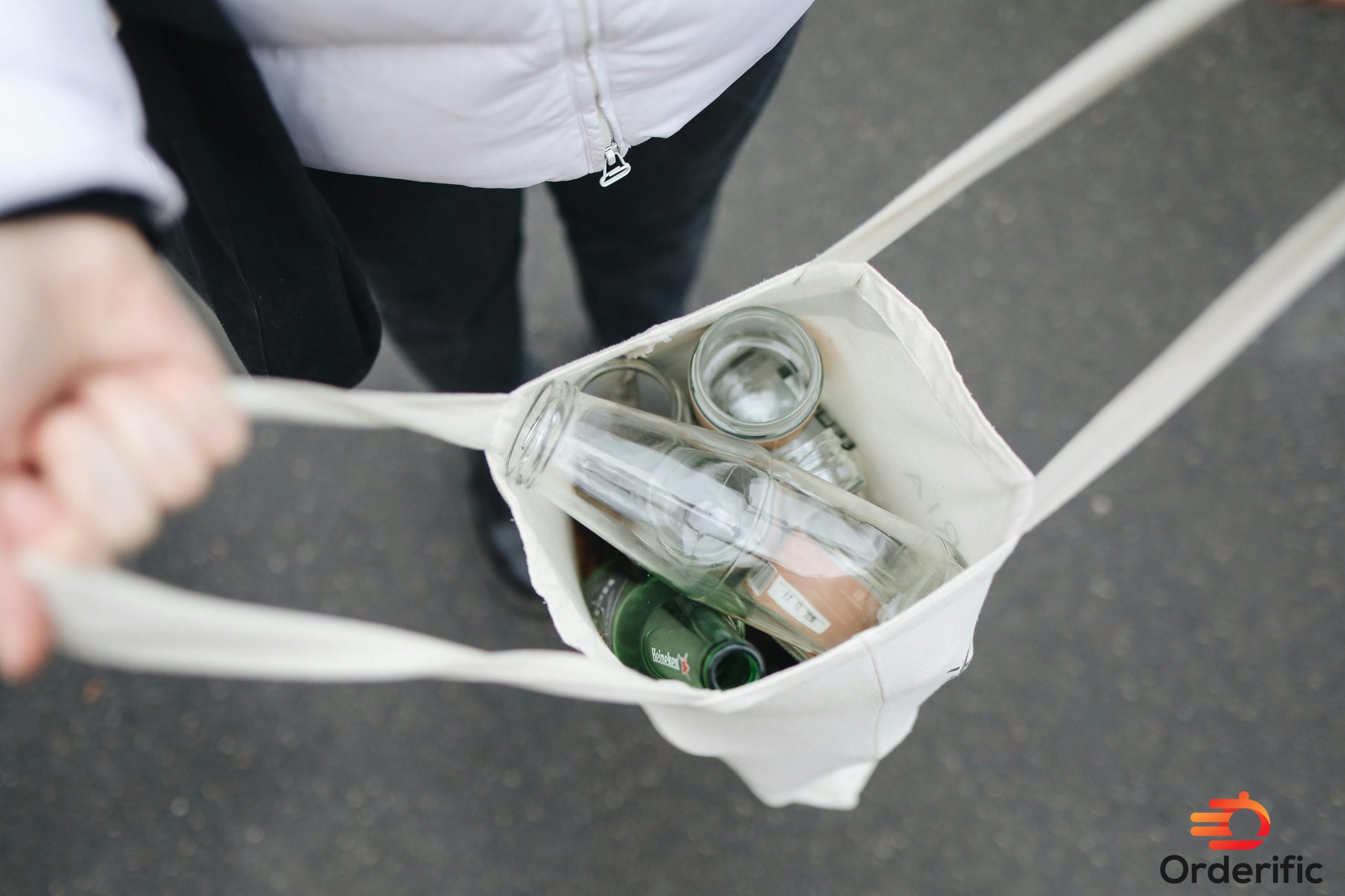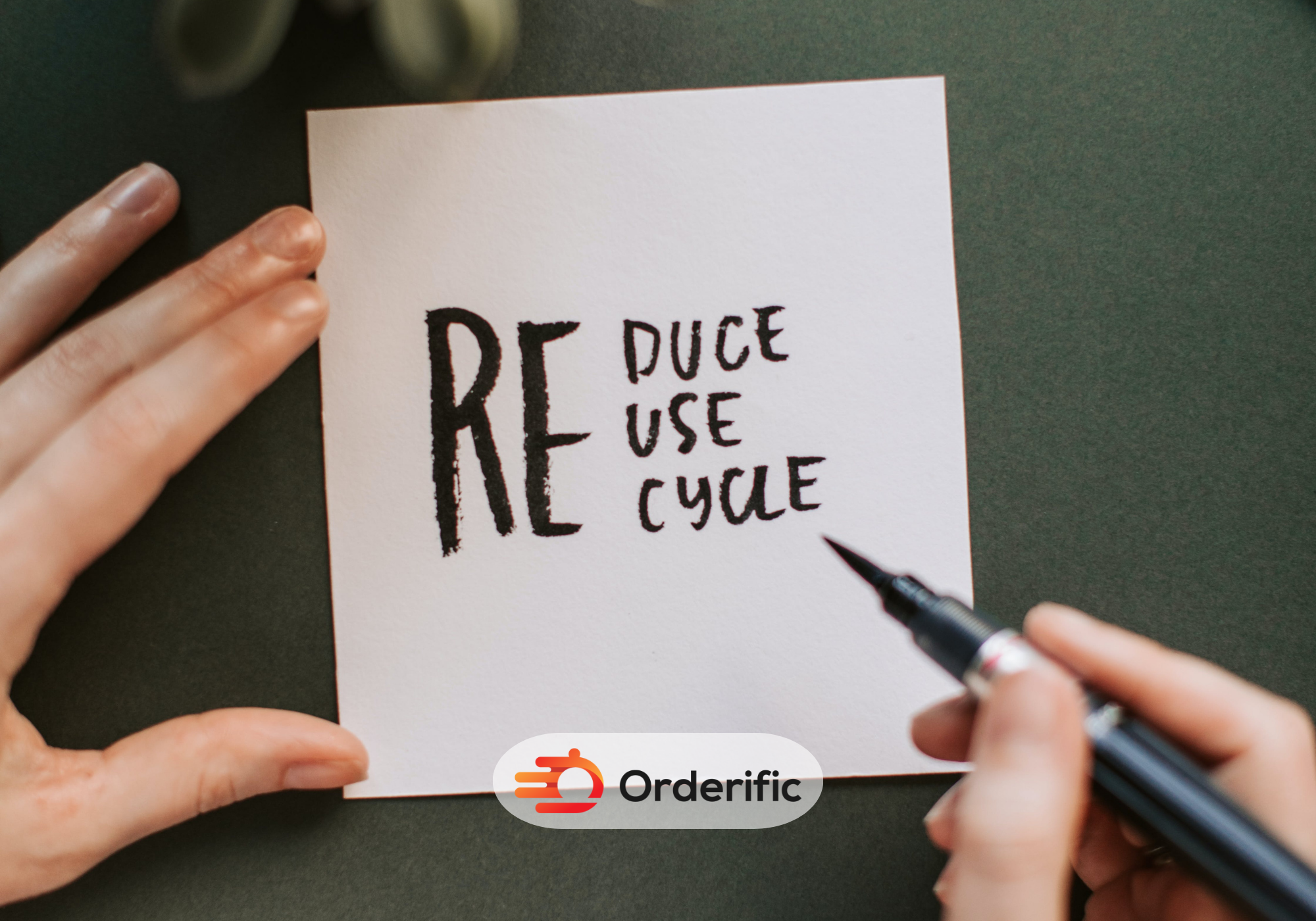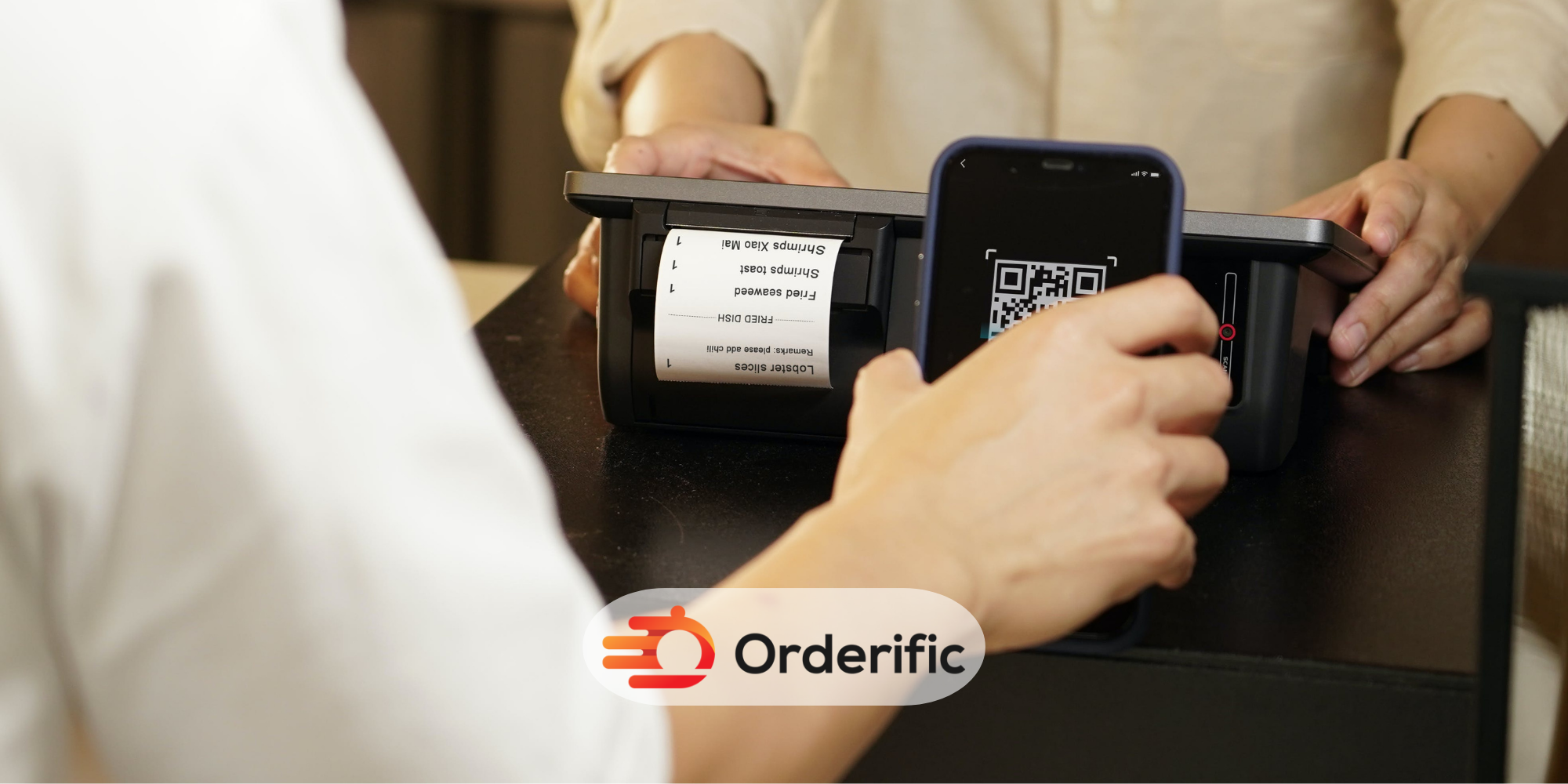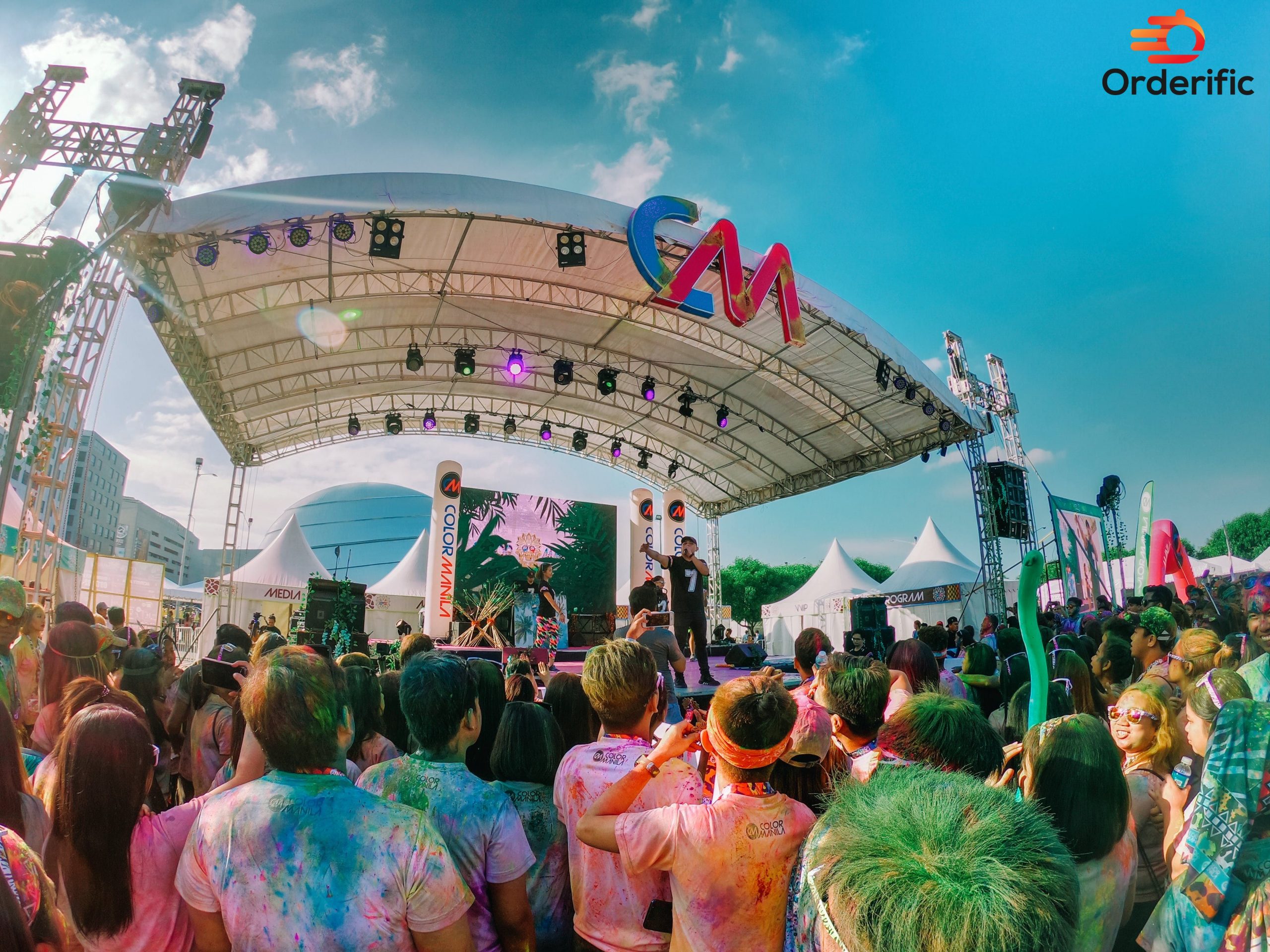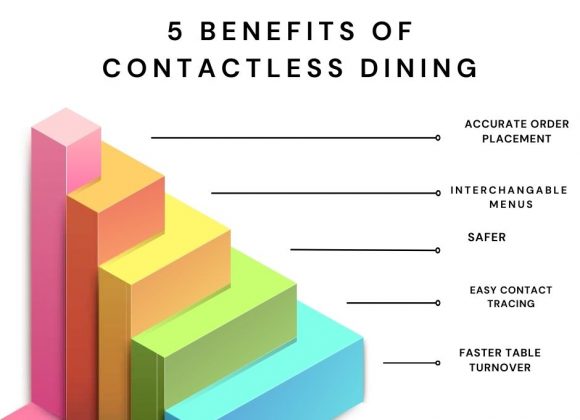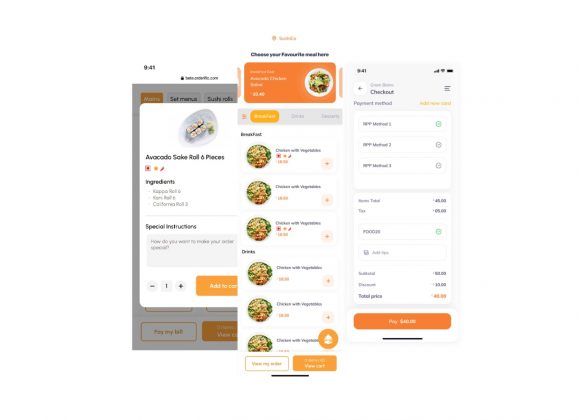Introduction
In the age of climate change, a lifestyle with sustainability is no longer optional—it’s a necessity. UC Davis researchers are leading the charge in sustainable development, driving solutions for a healthier climate and a more sustainable food production system. With a focus on the cafe industry, Orderific is pioneering new ways to reduce waste, lower carbon emissions, and promote environmental sustainability. This tool is shifting the future of the food industry towards economic sustainability, incorporating renewable energy and energy efficiency into their supply chain. It’s time to take climate action and ensure a greener future for the next generation. This is our sustainability strategy—for the United States, North America, and the world.
12 Cafe Sustainability Tips For 2023

1. Limit Water Usage
Water is a critical natural resource, the conservation of which plays a central role in achieving sustainable development goals. With their considerable usage, Cafes present a significant opportunity for water-saving measures. UC Davis, a prominent advocate for environmental sustainability, has demonstrated that simple changes like installing efficient dishwashers and encouraging customers only to request water when needed can have a substantial impact.
Economic Benefits Of Water Conservation
At its core, limiting water usage also lends itself to economic sustainability. With less water being wasted, cafes can expect a noticeable reduction in utility bills. More interestingly, aligning with the United Nations’ sustainable development goals, water conservation in cafes could contribute to broader economic growth by creating jobs in green technologies that improve water efficiency.
Impacts On The Supply Chain And Energy Efficiency
Another crucial aspect of a cafe’s sustainable lifestyle involves its supply chain. Reducing water usage at the source—for instance, by choosing suppliers who prioritize water conservation—can help to lower overall carbon emissions and contribute to environmental and social sustainability. Furthermore, using water-efficient appliances not only saves water but also improves energy efficiency, reducing greenhouse gas emissions and aligning with the sustainability strategy of many businesses in North America.
For Current Climate And Future Generations
The need for water conservation becomes even more urgent in light of ongoing climate change. By taking decisive climate action now, cafes can help to mitigate the impact of climate change for future generations. In the words of the Brundtland Report, this is about meeting “the needs of the present without compromising the ability of future generations to meet their own needs.” Reducing water usage in cafes is a tangible step toward this goal, and tools like Orderific are playing a key role in helping the food production industry to become more sustainable.
2. From Plastic To Paper…
One of the most significant sources of waste in the cafe industry is packaging. Traditionally, cafes have relied on single-use plastic, which has detrimental effects on environmental sustainability. UC Davis has highlighted the need for cafes to switch to sustainable alternatives, such as paper or other biodegradable materials. This step not only aligns with the United Nations’ Sustainable Development Goals but also benefits the cafe by enhancing its reputation for social responsibility.
Implications For Climate Change
The shift from plastic to sustainable packaging materials is a crucial part of climate action. Plastic production and disposal contribute significantly to greenhouse gas emissions, thus exacerbating climate change. By reducing their reliance on plastic, cafes can help to lower carbon emissions. This action is in line with the Brundtland Report’s call for meeting our present needs without compromising the ability of future generations to provide for theirs. It’s time for businesses in the United States and North America at large to take responsibility for their part in this global issue.
Role Of Orderific In Encouraging Sustainable Choices
Orderific plays a significant role in this context by encouraging cafes to choose sustainable packaging options. In doing so, they contribute to a sustainable supply chain, promoting economic sustainability by creating demand for sustainable products. This strategy aligns with the broader sustainability goals of many businesses, considering both environmental and social sustainability. Orderific’s effort to foster a sustainable lifestyle in the food production industry is indeed a notable contribution to climate action. It’s a testament to the pivotal role that technology can play in addressing climate change, promoting energy efficiency, and safeguarding our climate for future generations.
3. From Paper To Digital
The rapidly evolving digital world presents an excellent opportunity for cafes to move towards a more sustainable lifestyle. Digitization can significantly reduce the need for paper-based processes, contributing to environmental sustainability. According to UC Davis, transitioning from paper to digital menus and receipts can significantly reduce a cafe’s carbon footprint.
Climate Impact And Greenhouse Gas Reduction
Shifting from paper to digital processes is a crucial climate action that cafes can adopt. Paper production is linked to high carbon emissions and deforestation, both contributing to climate change. By going digital, cafes can actively reduce their greenhouse gas emissions, aligning with the United Nations’ sustainable development goals.
Orderific: Facilitating The Digital Transition
Orderific has emerged as a useful tool in assisting cafes make this transition. The platform promotes a paperless environment, aligning with the sustainability strategy of many businesses in North America, and helps them adhere to their environmental and social sustainability commitments. Additionally, it encourages energy efficiency, as digital processes generally consume less energy compared to traditional methods, contributing to economic sustainability.
Future Generations & The Digital Shift
The shift from paper to digital not only benefits the current climate, but also ensures a sustainable future for upcoming generations. By taking decisive climate action and integrating digital solutions, cafes can play their part in preserving natural resources and fostering a sustainable food production system. The Brundtland Report’s concept of meeting ‘today’s needs without compromising future generations’ ability to meet theirs’ is perfectly encapsulated in this digital shift. Thus, the move from paper to digital is not just a trend, but a critical step toward sustainable development.
4. Support Local Farmers And Business Owners
Supporting local farmers and business owners not only empowers the local economy but also paves the way for sustainable development. UC Davis research emphasizes the environmental sustainability benefits of sourcing locally. This approach reduces the distance that goods travel, thus, lowering carbon emissions and lessening the impact on climate change. It represents a true climate action towards a more sustainable lifestyle.
A Balanced Supply Chain
A balanced supply chain that prioritizes local produce supports both environmental and social sustainability. It helps conserve natural resources and reduces greenhouse gas emissions, aligning with the United Nations’ Sustainable Development Goals. Furthermore, it creates job opportunities, fostering economic growth, and economic sustainability.
Orderific’s Commitment To Local Sourcing
Orderific is playing a significant role in advocating for local sourcing. The platform encourages cafes to support local farmers, thereby reducing the carbon footprint of their supply chain. This aligns with the sustainability strategy of many businesses across North America, contributing to a more sustainable food production process.
Climate Change And Future Generations
Supporting local farmers is not just beneficial for the current climate but also for future generations. It’s a proactive response to climate change that ensures a sustainable future as outlined in the Brundtland Report. By strengthening local economies and promoting sustainable practices, this approach safeguards the ability of future generations to meet their own needs.
5. Waste Not, Want Not!
Waste management is a critical aspect of sustainability in cafes. A significant portion of cafe waste comes from food products that are unsold or unused. UC Davis emphasizes the need for effective strategies to reduce food waste, maintaining that it is central to environmental sustainability. By managing food waste, cafes can limit their contribution to greenhouse gas emissions and align with the United Nations’ Sustainable Development Goals.
Economical And Environmental Benefits
The economic benefits of reducing food waste are equally impactful. Unused food equates to wasted financial resources. By managing food waste, cafes can enjoy cost savings and contribute to economic sustainability. It also reduces the strain on natural resources used in food production, an essential step towards climate action.
Orderific’s Role In Waste Management
Orderific helps cafes attain this sustainable lifestyle by optimizing order quantities, thereby reducing the likelihood of food waste. The platform’s insightful analytics can help cafes better understand demand patterns, allowing them to tailor their supply chain to meet customer needs more precisely. This not only minimizes waste but also enhances energy efficiency and sustainability in food production.
Implications For Climate And Future Generations
Food waste reduction is not just about the present climate; it’s about safeguarding the climate for future generations. The Brundtland Report emphasizes that we must not compromise future generations’ ability to meet their needs. By adopting sustainable practices and reducing food waste, cafes can ensure a healthier climate for those to come.
A Step Towards Sustainability
In conclusion, managing food waste is a vital component of a sustainability strategy for cafes. It lowers carbon emissions, promotes economic growth, and contributes to a sustainable future, aligning with the broader sustainability goals of businesses across North America. As the world grapples with climate change, it’s clear that every action matters, and every step we take towards sustainable development is a step in the right direction.
6. Reduce Your Cafe’s Energy Consumption
Reducing energy consumption is another significant step towards promoting sustainability in cafes. The operation of cafes involves numerous energy-intensive activities, such as lighting, heating, cooling, and the use of kitchen appliances. Implementing energy-saving measures can significantly reduce a cafe’s carbon footprint. By adopting energy-efficient appliances, transitioning to LED lighting, and optimizing heating and cooling systems, cafes can effectively lower their energy consumption, thus adhering to the United Nations’ Sustainable Development Goals.
Orderific’s intuitive platform can play a pivotal role in promoting energy efficiency. It can provide valuable insights that help cafes identify areas where energy use can be minimized, thus fostering a sustainable lifestyle. Additionally, Orderific’s digital solutions, by streamlining processes and operations, can lead to energy savings, further contributing to economic sustainability.
By taking climate action through energy efficiency, cafes are not only benefiting the current climate but also ensuring a sustainable future for upcoming generations. Such actions align with the Brundtland Report’s concept of not jeopardizing the ability of future generations to meet their needs.
7. Throw Away Your Hazardous Chemical-Based Cleaning Products
Switching from hazardous chemical-based cleaning products to eco-friendly alternatives is a significant step towards a more sustainable lifestyle for cafes. Traditional cleaning products often contain harmful chemicals that can pollute water systems and negatively impact biodiversity. As UC Davis suggests, choosing environmentally friendly cleaning solutions helps to decrease water pollution, air pollution, and ozone depletion, thus contributing to environmental sustainability and reducing the impact on climate change.
Orderific, with its commitment to sustainable operation, encourages cafes to make this crucial shift. By promoting the use of green cleaning products, the platform is empowering cafes to contribute to a cleaner, healthier environment. This aligns with the sustainability strategies of many businesses, helping them fulfill their environmental commitments and uphold the United Nations’ Sustainable Development Goals.
Moreover, the switch to environmentally-friendly cleaning solutions is not only beneficial for the current climate but also safeguards the health of both customers and staff, and the wellbeing of future generations.
8. Recycle And Repurpose Old Furniture And Décor
Recycling and repurposing old furniture and decor is a significant sustainability action for cafes. Instead of contributing to landfill waste with discarded items, cafes can breathe new life into old furniture and decorations. This approach aligns with the principles of sustainable development, reducing waste and encouraging resourcefulness. UC Davis highlights that reusing materials can significantly lower carbon emissions and reduce the strain on natural resources.
Orderific plays a role here too, fostering the culture of recycling and repurposing in cafes. By advocating for this sustainable practice, Orderific helps businesses uphold their sustainability commitments and adhere to the United Nations’ Sustainable Development Goals.
9. Offer More Vegetarian Options On The Menu
Offering more vegetarian options on the menu is another significant step towards sustainability in cafes. The production of plant-based food generally requires less energy and water compared to meat-based items, thereby reducing strain on natural resources. UC Davis points out that adopting a plant-forward diet can significantly lower greenhouse gas emissions and contribute to climate action.
Orderific, in line with its commitment to sustainable practices, promotes the inclusion of more vegetarian options in cafe menus. This platform enhancement aligns with the sustainable development goals of many businesses, creating a more eco-friendly food production process.
10. Dial Down Your Pollution Output As Much As Possible
Cafes, like any other businesses, have a responsibility to minimize their pollution output in the pursuit of sustainable development. A significant way to achieve this is by adopting cleaner methods of operation. For instance, cafes can switch to renewable energy sources, employ efficient waste disposal methods, and use eco-friendly packaging. These actions significantly reduce air and water pollution, aligning with UC Davis’s emphasis on pollution control as a critical aspect of environmental sustainability.
Moreover, Orderific’s platform, committed to promoting sustainable practices, provides tools that help cafes assess and minimize their pollution output. This insightful analytics feature aligns with the sustainability strategy of many businesses, helping them adhere to the United Nations’ Sustainable Development Goals.
11. Get Your Staff On-Board
Achieving sustainability in cafes is not a solo endeavor; it necessitates the collective effort of the entire team. Ensuring your staff are on board with your sustainability initiatives is vital. Encourage your team members to understand the importance of sustainable practices and the role they play in achieving these goals. Training and educational programs can enhance their awareness about energy conservation, waste management, and eco-friendly operations.
Orderific, with its commitment to facilitating sustainability, can be especially useful in this regard. The platform can provide insights and data that can be used in educational materials and training programs. By understanding the tangible benefits of sustainable practices, staff can become more engaged in these initiatives.
12. Get Your Customers On-Board
Equally as essential as getting staff on board with sustainable practices is engaging your customers. Educating them about your sustainability initiatives can foster a sense of shared responsibility and encourage them to support your efforts. Communicate your sustainable practices through signage in your café, posts on social media, or mentions on your website. Orderific supports this customer engagement through its platform, providing transparency about your café’s sustainability efforts and making it easy for customers to choose eco-friendly options. This collective action not only improves the current environmental state but also secures a greener future for the next generations. This aligns with the Brundtland Report’s principle of ‘meeting today’s needs without compromising the ability of future generations to meet theirs’. Ultimately, involving customers in your sustainability journey not only promotes sustainable behavior but also builds stronger relationships with them, creating a café experience that is enjoyable and environmentally responsible.
Conclusion
In today’s world, sustainability is no longer a choice, but a necessity. As we grapple with the realities of climate change, it’s clear that every step towards sustainable development matters. Cafes, by adopting sustainable practices, can make a significant contribution towards a greener future. From managing food waste and reducing energy consumption to recycling and offering more vegetarian options, there are numerous ways cafes can embrace sustainability. Moreover, getting staff and customers on board with these initiatives can foster a collaborative environment, enhancing the effectiveness of these efforts. By embracing these practices, cafes can successfully align with the United Nations’ Sustainable Development Goals and adhere to the Brundtland Report’s philosophy of meeting ‘today’s needs without compromising the ability of future generations to meet theirs’. Orderific, with its innovative digital solutions and commitment to promoting sustainability, is ready to assist cafes on this journey towards a more sustainable future.
Take the first step towards a greener future for your café. Schedule a demo with Orderific today and explore how we can help you reduce waste, save energy, and promote sustainable practices. Together, we can make a difference. Schedule a demo with Orderific.
FAQs
How does Orderific contribute to sustainability efforts in cafes, specifically in waste reduction?
Orderific’s digital solutions help to streamline cafe operations, thereby minimizing waste and promoting efficiency.
What features in Orderific support cafes in implementing eco-friendly and sustainable practices?
Orderific provides features like inventory management, waste tracking, and energy consumption analytics to support sustainability.
Can cafes customize sustainability initiatives in Orderific to align with their specific goals?
Yes, Orderific allows cafes to customize sustainable practices according to their specific goals.
What benefits can cafes expect in terms of waste reduction and environmental impact with Orderific?
Cafes can expect significant waste reduction, energy savings, and a reduced environmental footprint with Orderific.
How does Orderific integrate with other sustainability measures to create a comprehensive eco-friendly cafe environment?
Orderific integrates with other measures by providing valuable data insights and promoting sustainable practices like energy efficiency, waste management, and eco-friendly operations.


